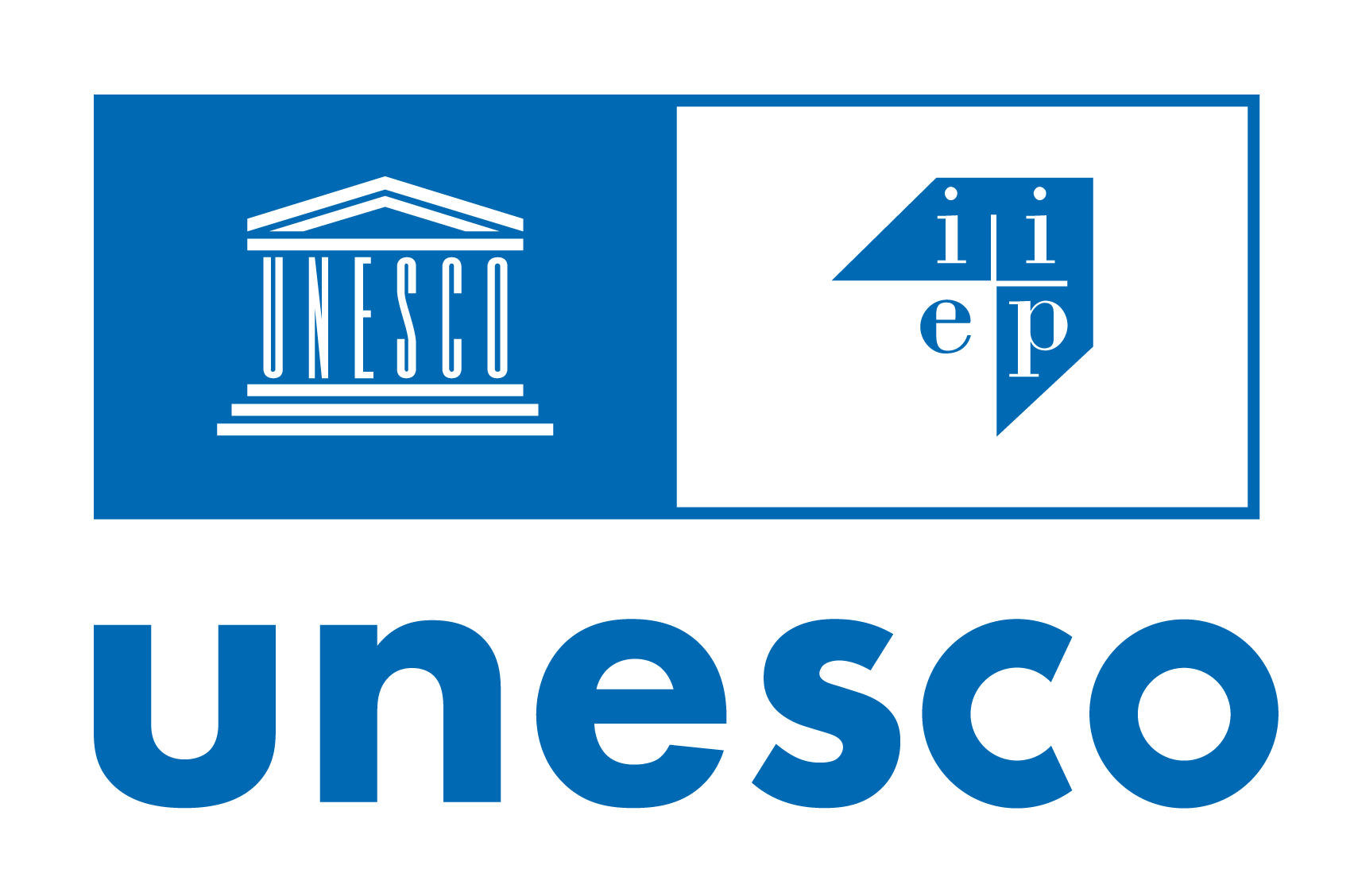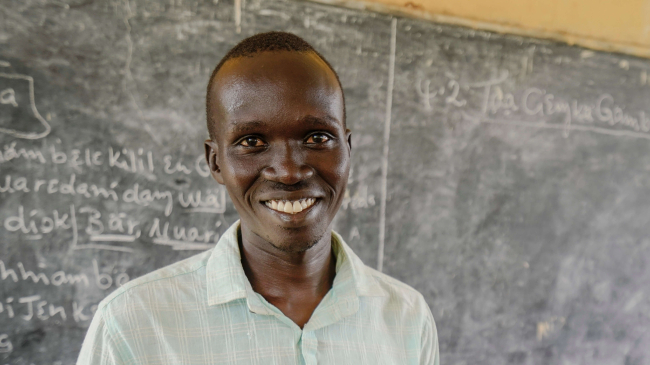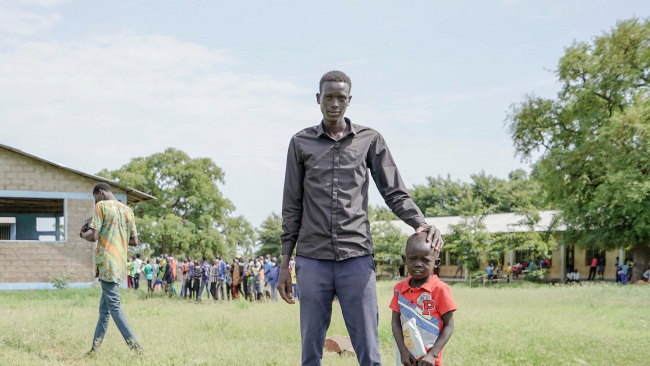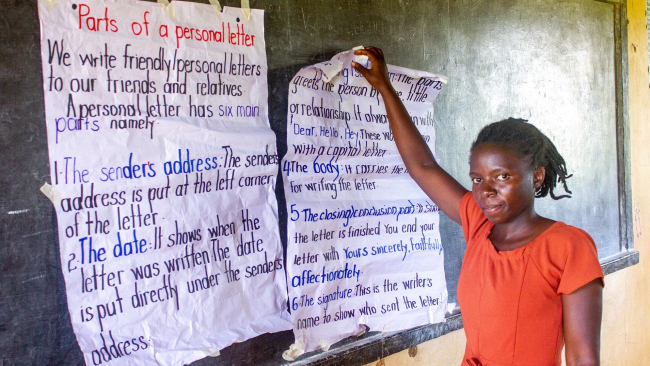Conflict and fragile conditions that arise as a result of adversities such as civil wars, deprivation and emergency situations invariably compromise the lives of children. This research is concerned with a major issue; that of early childhood development and peacebuilding at a policy level in conflict-affected and post-conflict countries. The subject of peacebuilding features strongly on the international agenda. In 1996, the United Nations published an ‘Inventory of Post-Conflict Peacebuilding Activities’ that featured the varied peacebuilding activities which have been developed to aid conflict-affected countries in their recovery (United Nations 1996). The Secretary General, Ban Ki-moon, asserted that ‘[a]chieving sustainable peace has long been a priority for the United Nations’, and the international community has an important responsibility to address the challenges that arise in the aftermath of conflict, to ‘better support countries in making an irreversible transition from war to peace.’ (United Nations Peacebuilding Office 2010, p2). It is also notable that ‘Peace, Justice and Strong Institutions’ was set as the 16th goal of the United Nations Global Goals for sustainable development 2015 (United Nations 2015). Informed by this international context, this report presents the findings of a systematic review of early childhood development and peacebuilding policies across fourteen conflict-affected and post-conflict countries. The study sought to map existing national-level policies covering a range of cross-sectors: ECD, peacebuilding and social welfare policies. It built on extant research which recognises the enormous harm caused by conflict on children at various levels of society and to provide an evidence-based review of how children are positioned in policy development. To this end, the research aimed to review ECD policies for components relevant to the promotion of peacebuilding and conversely, to review peacebuilding policies for evidence of potential links with young children and ECD.
Year
2015
Pages
171 p.
Resource Types
Languages





